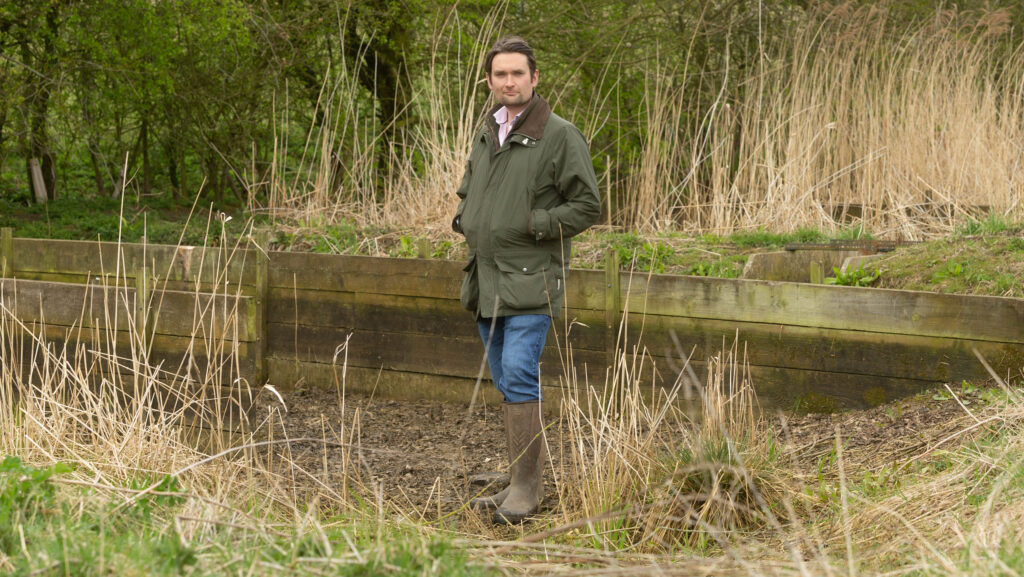Opinion: Reeves’ Spending Review could have been worse
 © Tim Scrivener
© Tim Scrivener In the end, Rachel Reeves’ Spending Review on 11 June was widely regarded by farming and countryside groups as not as bad as it could have been, given the positively millenarian leaks emanating from the government in the weeks prior.
Perhaps joined-up lobbying by everyone from the NFU to the RSPB had an ameliorating effect.
See also: Opinion – ‘farmer exceptionalism’ is a dangerous belief
By 2028-29, Defra will see its total budget cut by some 0.7% in real terms; the farming and countryside programme (ELM/SFI) will see a £100m-a-year decrease to £2.3bn, with a further £400m available more widely in “additional nature schemes”.
Ultimately, as suggested last year by elusive Defra secretary Steve Reed, farmers are expected to “do more with less” when delivering on national food and environmental security, even as inflation increases their costs.
We are where we are in that inevitable post-CAP world where the decision-making power lies not with the adults in Brussels, but with our own elected representatives in Westminster. So, what next?
It remains to be seen in what format Messrs Reed and Zeichner will re-release the SFI back into the wild following its peremptory closure in March.
Dark rumours swirl that of all the possible options, they favour the worst – a wholesale redeployment of public money away from the spacious lowlands and toward the more geographically discrete uplands and coasts, paying farmers there to cease trading and instead become park-keepers to a rewilded landscape within the pink and purple “high habitat/tree potential” polygons in their new Land Use Framework maps.
I would urge against this.
Yes, upland farms deserve more money for the services they uniquely provide, but don’t throw away three decades of painstaking progress towards more sustainable lowland landscapes just as we’re starting to make significant progress.
Cap and pare what we’ve spent nearly a decade developing to fit the budgetary reality, but do not throw it all out.
Yet ELM/SFI cannot, on its own, deliver the financial and environmental sustainability we need in the countryside.
The government must honour its promise to help create the conditions for a profitable farming sector via its 25-year farming roadmap.
First, and most critically, it must abandon the unjustifiable inheritance tax burden with which it plans to punish farmers.
This one concession would do more than any other to reinvigorate optimism and investment in family farms across the nation, who otherwise live with Damocles’ sword handing above their children’s heads.
Second, the government must do more to help the wider food supply chain return more of its value to the farm gate.
We cannot maintain a food system in which food is sold off-farm below the cost of production, with 25% subsequently thrown in the bin.
In this economic system, the only things that ever seem to trickle down to the farm gate are tighter regulations, more onerous industry demands and higher input costs; it cannot go on.
And yes, we must confront the inviolable convention that food be ever-cheaper on the supermarket shelf.
Third, the government must help develop the private markets which were promised to bring green finance to the countryside – not consistently undermine them, and even threaten to allow Natural England to become a monopoly player within them.
The budgetary die is cast to 2029; the policy detail is still to play for. It’s a high-stakes game.

